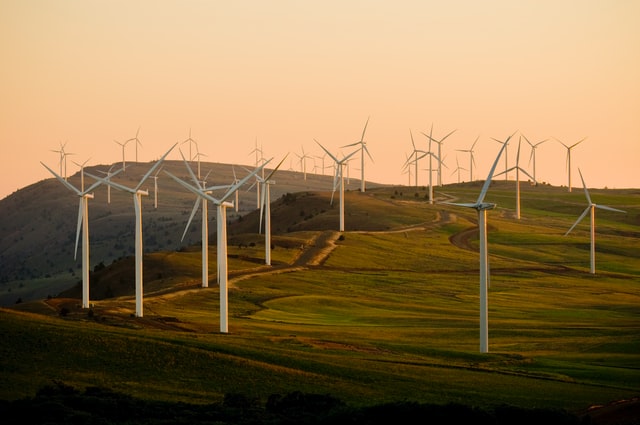The International Energy Agency tasked developed nations with leading the world into renewable energy and other sustainable living efforts. Under the International Energy Agency agreement, countries within the Organization for Economic Co-operation and Development (OECD) will achieve national zero net emissions by 2035 and global energy-related carbon dioxide emissions to net zero by 2050. Among other founding OECD members, Germany has presented an aggressive plan to meet or exceed recommendations related to renewable energy improvements.
Germany Introduces Osterpaket
Germany has proven to be both committed and proactive with plans to reduce fuel consumption and focus on creating viable renewable energy programs. Under the newly revised Renewable Energy Sources Act, at least 80 percent of electricity consumed within Germany will come from renewable sources by 2030. This aggressive target ensures Germany will meet OECD guidelines and be 100 percent operational using strictly renewable energy by 2035.
The recent public unveiling of Osterpaket, the updated legislation which outlines the revised energy plan, comes as a partial response to the military conflict in Ukraine. German national leaders support being completely dependent on reliable renewable energy sources by 2035 and stated that renewable energy enhances national security efforts and is in the best interest of all people.
Germany, along with Canada, are leading the efforts against global warming and are serving as a role model for other OECD countries.
Offshore Wind and Other Renewable Energy
Germany has already invested significant resources into renewable energy, particularly offshore wind farms. Engineers and program executives spared no effort in uncovering top talent to design and construct the first offshore wind farms.
Many construction and maintenance contracts are around twenty years, which offers long-term security to both parties. Companies were invited to the bidding process under strict guidelines and benefits to the winning bids included future invitations and admission to German national workforce opportunities.
The Offshore Wind Energy Act is just one measure in a new package of legislation designed to encourage quality competition in the renewable energy markets. Contracts for difference and other subsidy enhancements are still under review and will likely be offered to local operators throughout the country. Such policies will help support economic change by empowering operators and securing high quality production and maintenance techniques.
In addition to the offshore wind farms, various areas have been identified as designated land-based wind farm locations. Alternative fuels are continually being developed and tested for private automotive and public transportation needs.
Germany has also made substantial advancements in the solar energy arena, including safe solar storage packs. Overall, Germany is well on the way to meeting or exceeding the International Energy Agency recommendations. Their commitment to clean energy, climate control, and sustainability is quickly becoming the global act to follow.
Appraising Renewable Energy
Private investors and project managers must evaluate all phases of a renewable energy investment before making final decisions or awarding contracts based on current or future production. Government-operated facilities require independent oversight and appraisal services to ensure due diligence is met across the board.
At Appraisal Economics, we offer a full line of valuation services for power generating facilities.

